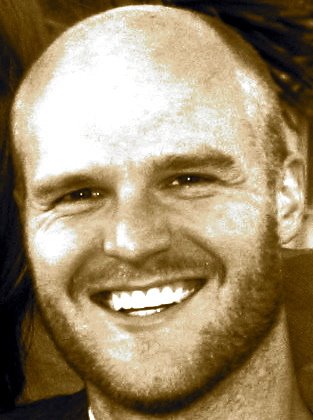Many Buckets
| I’m back...for those of you who were wondering where I was, I was here on planet earth, at my desk, pounding my head on it, typing frantically for a paper due tomorrow, and studying for three major exams I have tomorrow, Wednesday, and Thursday. I thought I would take a short break and write a follow-up to my last post. I believe the fact that rational thought exists is strong enough to “prove” the existence of God. That is, there can be no consistency in an atheist’s thoughts if he does not reach back to the fountain of logic, God. However, there are many other “proofs” to God’s existence on which we’ll now embark. But before we go forward, the best analogy I heard was in my Philosophy class this summer. Each one of the “proofs” I am about to present have a hole in them. Some may want to discount the “proof” right off hand simply because it has a hole. On the other hand, when we have holes in buckets and begin to stack them, one inside the other, they strengths from the other buckets make up for the holes in the other. So, putting the arguments together begin to form a strong wall against fallacious arguments against the existence of God. This point must be understood before we move on. There is no slam dunk proof for God’s existence. Each will find a sticky point somewhere. However, one after the other put together begin to make a solid standing place for those in doubt. |





